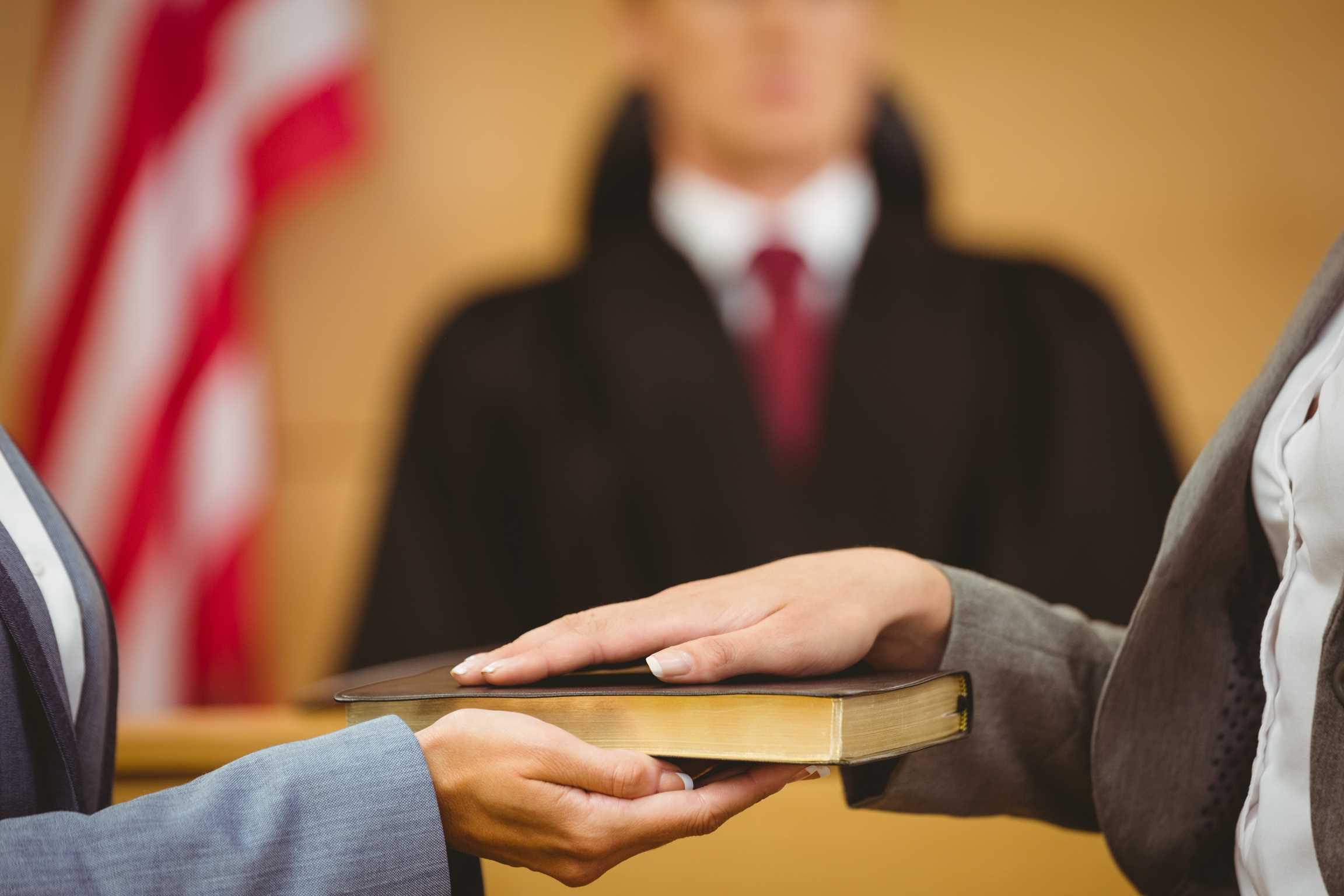
When it comes to the point for your court case to be heard, the clerk calls out the case's name and your hearing will begin. It will happen whether it is a proof or first hearing.
All parties involved in the court case must introduce themselves. It will happen whether it is a proof or first hearing. To be more prepared, go over this list of legal jargon to familiarize yourself with legal terms.
If you are the plaintiff
If you are the plaintiff in this case, you will speak first. It is your opportunity to tell the clerk your part of the story and the defendant is not permitted to interrupt. If it is a proof or full hearing, the sheriff is going to ask that you take an oath, so you can tell the truth.
As you have finished, the defendant and sheriff will then ask questions, if there are any.
Then you will have the ability to call witnesses you might have inside the court of law. All witnesses also will be requested to take an oath to state only the truth. You will have the ability to ask them several questions to assist your case.
Next the defendant and clerk will have an opportunity to ask your witnesses questions they might have.
If you are the defendant
If you are the defendant in the court case, the plaintiff will receive the opportunity to talk before you will. You have to listen to what he or she says without interrupting them. You must not interrupt them even if you do not agree with what's being stated or you believe that it is wrong. You will get the opportunity to ask queries when they finish, and you will also receive an opportunity to separately say what you have to say.
As the pursuer stops speaking, the clerk then will inform you when it is okay to ask questions. In addition, the clerk will ask the plaintiff questions they might have at this time.
If the plaintiff has witnesses, they'll be next. Then, the plaintiff first asks the witnesses questions.
As all of the plaintiff's witnesses are heard, the clerk informs you when it is your turn to talk. You also will be placed under oath to tell the truth. It's your turn to tell your part of the story and your opponent must not interrupt you.
If there are any witnesses you have, you will then have the ability to take them into the court hearing and after the clerk put them on oath to state the truth, it's possible to ask them questions that should help your case.
When you and your opponent have said what there is to say, and all of the witnesses and evidence have been provided to the court, you will get an opportunity to make the final statement about your case to the clerk. It ought to be a summary of all of the main points you're making and what you are asking the clerk to do.
For more information on what happens when you go to court for a hearing contact the experienced appearance attorney at Attorneys on Demand today!